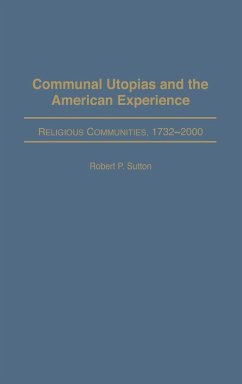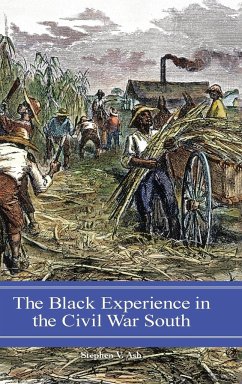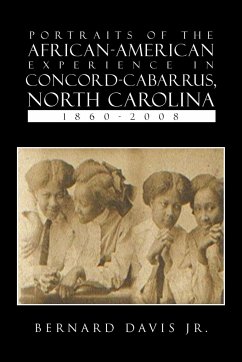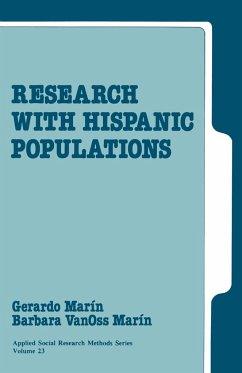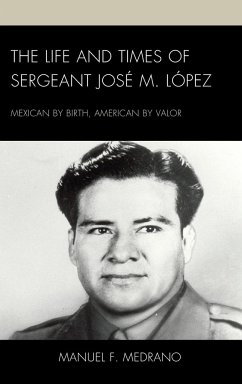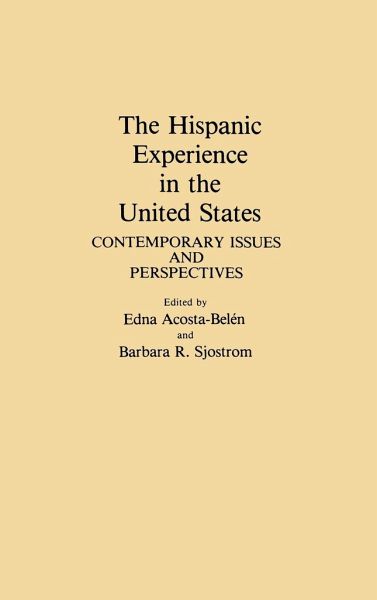
The Hispanic Experience in the United States
Contemporary Issues and Perspectives
Versandkostenfrei!
Versandfertig in 1-2 Wochen
88,99 €
inkl. MwSt.

PAYBACK Punkte
44 °P sammeln!
The Hispanic community in the U.S. has long remained silent about its needs for equal opportunity and recognition. This collection of essays by recognized scholars explores how Puerto Ricans, Chicanos, Cubans, and other Latinos have begun to publicly articulate their needs, rights, and aspirations. The volume is divided into three major thematic sections: demographic profiles; immigration assimilation, and cultural identity; and socio-economic profiles. The authors address such questions as: Who are the Hispanics and what are their origins? What impact will Hispanic population growth have on U...
The Hispanic community in the U.S. has long remained silent about its needs for equal opportunity and recognition. This collection of essays by recognized scholars explores how Puerto Ricans, Chicanos, Cubans, and other Latinos have begun to publicly articulate their needs, rights, and aspirations. The volume is divided into three major thematic sections: demographic profiles; immigration assimilation, and cultural identity; and socio-economic profiles. The authors address such questions as: Who are the Hispanics and what are their origins? What impact will Hispanic population growth have on U.S. society? What demographic factors affect the status of Hispanics? How does Hispanic immigration differ from other prior immigration? The essays gather the most recent demographic and socioeconomic data on Hispanics and interpret their implications for the present and future of the community.






